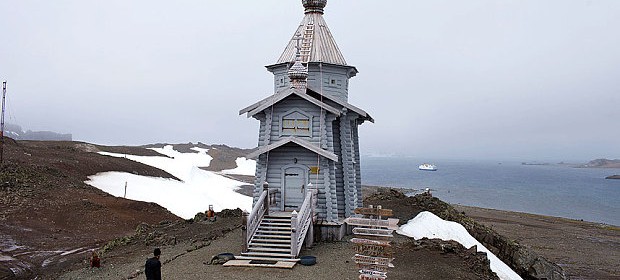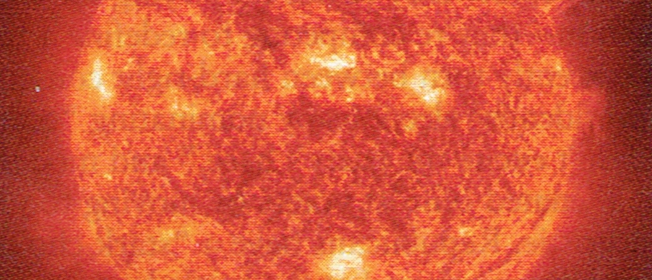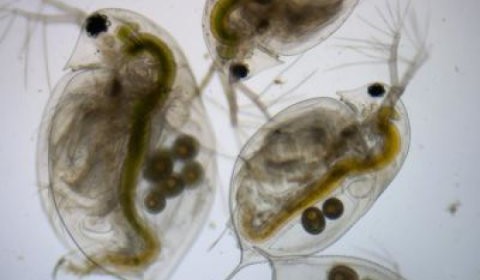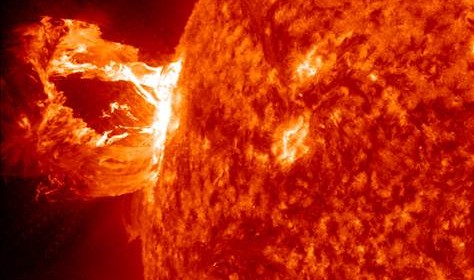Can plants talk to each other? Possibly!!
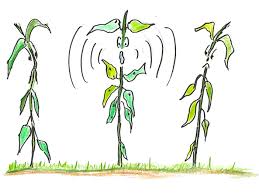
Have you ever thought to yourself, “Can plants talk to each other?” Unsettling news for vegetarians: Plants may communicate with one another by making sounds at frequencies that humans can’t hear. British and Australian researchers have discovered that the roots of corn saplings emit a constant clicking sound. When a similar sound was played in a lab, they found that […]
Read more
